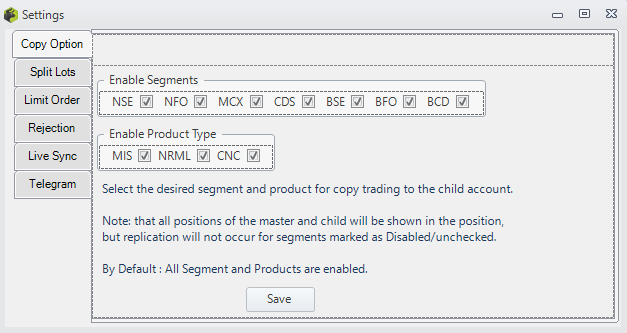Understanding the Psychology of Algorithmic Trading
The Psychology of Algorithmic Trading has become increasingly important in recent years as more traders turn to algorithms to make decisions based on vast amounts of data. While algorithms can remove the emotional biases that human traders are prone to, it’s important to understand that these algorithms are still designed and executed by humans. Therefore, emotions and cognitive biases can still influence decision-making. In this article, we will explore the Psychology of Algorithmic Trading and how emotions can impact data-driven decisions.
Emotions in Trading
Traders are human beings, and as such, they experience a range of emotions that can influence their decisions. Fear, greed, and excitement are common emotions that traders experience. Fear can lead traders to make impulsive decisions, such as selling off assets during market downturns. Greed can cause traders to take on excessive risk in the hopes of greater profits, while excitement can lead to overconfidence and a lack of caution.
The problem with emotions in trading is that they can cloud judgment and lead to irrational decision-making. This is where algorithmic trading can be particularly useful, as it can remove the emotional element from decision-making.
Data-Driven Decisions
Algorithmic trading relies on data-driven decision-making. Algorithms can process vast amounts of data and identify patterns and trends that humans may miss. They can then make trading decisions based on this data, without the influence of emotions or cognitive biases.
For example, an algorithmic trading system may be programmed to look for certain technical indicators in stock price movements. When these indicators occur, the algorithm may automatically execute a trade based on pre-determined rules. This process removes the emotional element from trading and allows decisions to be made based on objective data.
However, it’s important to note that the quality of data used by the algorithms is critical to their success. Garbage in, garbage out (GIGO) is a term often used in computer science to describe the phenomenon of inaccurate or flawed input data leading to incorrect output data. If the data being fed into the algorithm is biased or incomplete, the algorithm’s decisions may also be flawed.
Combining Emotions and Data-Driven Decisions
While algorithmic trading can remove the emotional element from decision-making, emotions are still a critical part of trading psychology. The key is to find a balance between emotions and data-driven decisions.
One way to achieve this balance is to use algorithms to help manage emotions. For example, an algorithm may be programmed to automatically exit a position if a certain level of loss is reached, preventing traders from holding on to losing positions out of fear or hope.
Another way to combine emotions and data-driven decisions is to use algorithms as a tool to validate or challenge traders’ instincts. A trader may have a gut feeling about a certain stock, but they can use an algorithm to analyze the data and either confirm or contradict their intuition.
Impact Algorithmic Trading
Imagine a trader developing an algorithmic trading system that uses technical indicators to make decisions. The trader may have backtested the system and found it to be successful in the past. However, during a market downturn, the trader may experience fear and panic, causing them to override the system and make impulsive decisions based on emotions rather than data.
In this scenario, the trader’s emotions have influenced the decision-making process, leading to suboptimal outcomes. This is why it’s important for traders to understand their emotions and how they can impact their trading strategies, even when using algorithms. By recognizing emotional biases and using algorithms to manage them, traders can make more objective and data-driven decisions.
Conclusion
Algorithmic trading can be a powerful tool for removing the emotional element from trading decisions. However, it’s important to understand that emotions still play a critical role in trading psychology. Finding a balance between emotions and data-driven decisions can help traders make better decisions and avoid the pitfalls of emotional biases. By combining the power of algorithms with the insights and instincts of traders, we can achieve a more effective and successful trading strategy.





